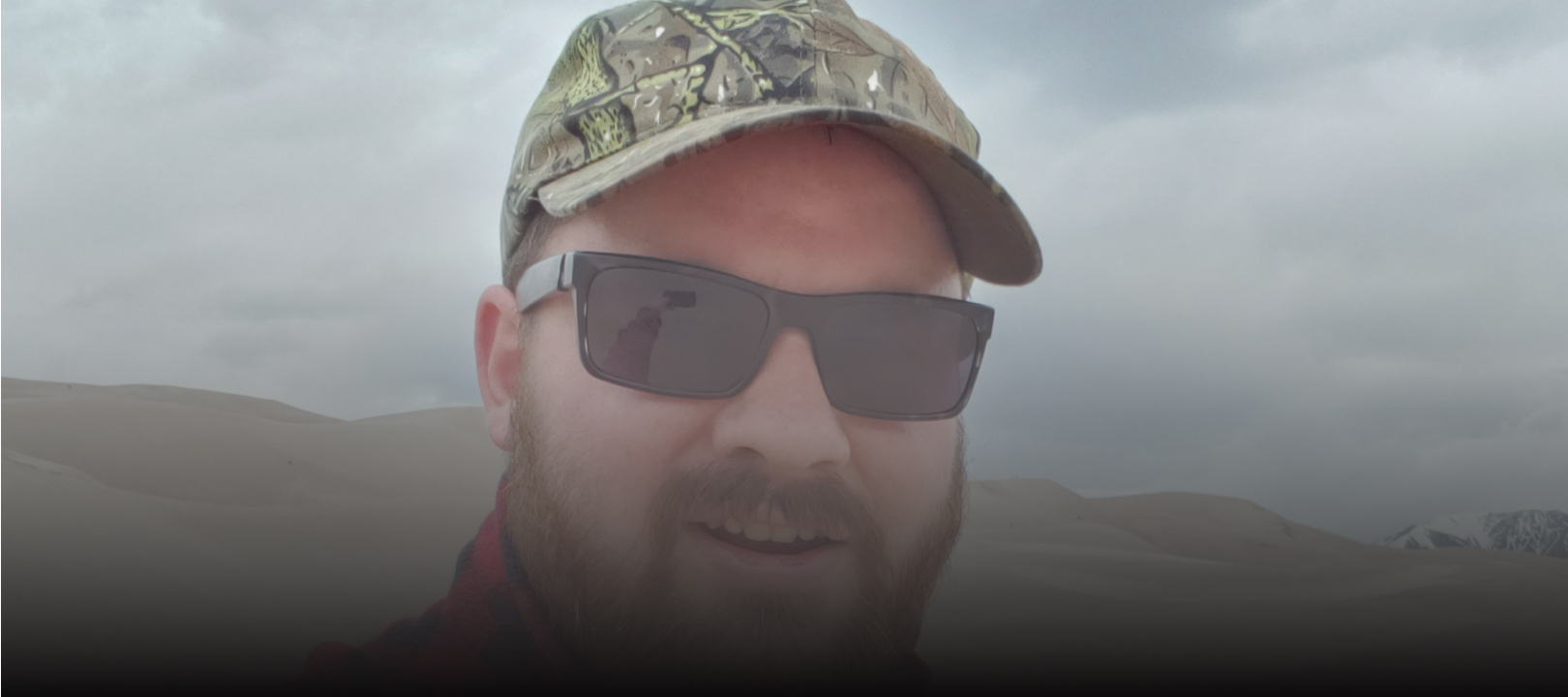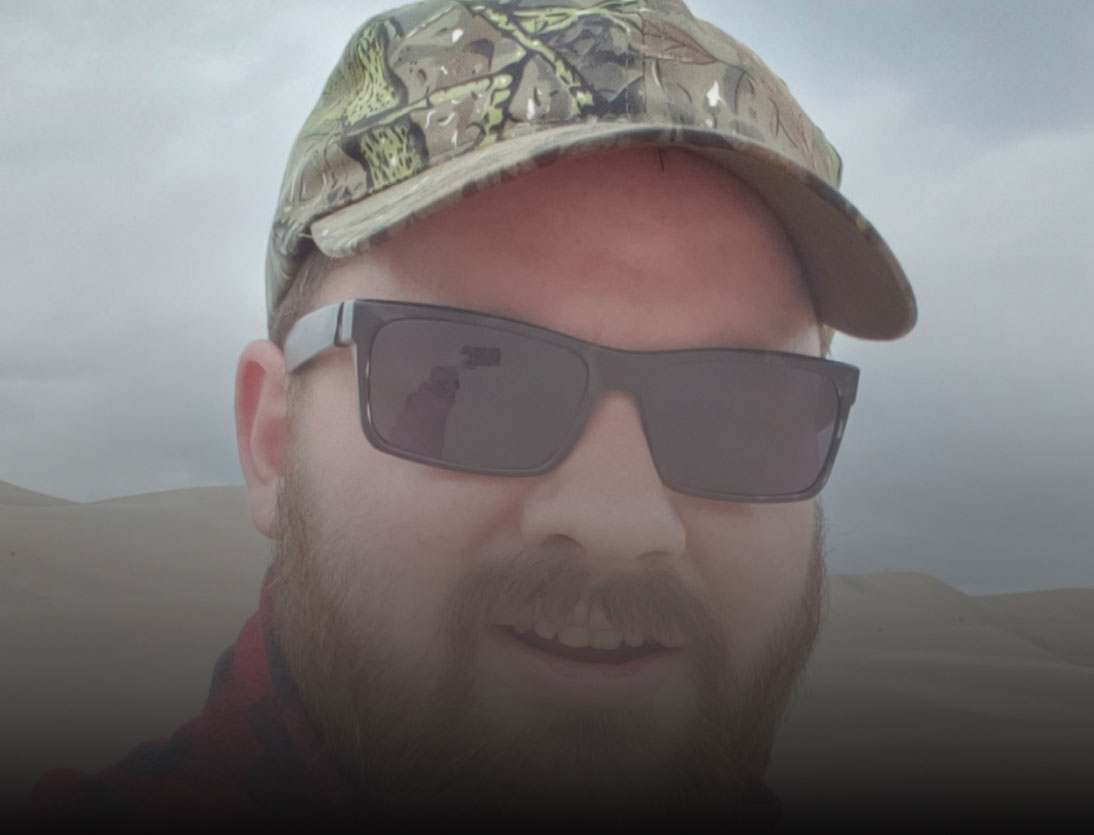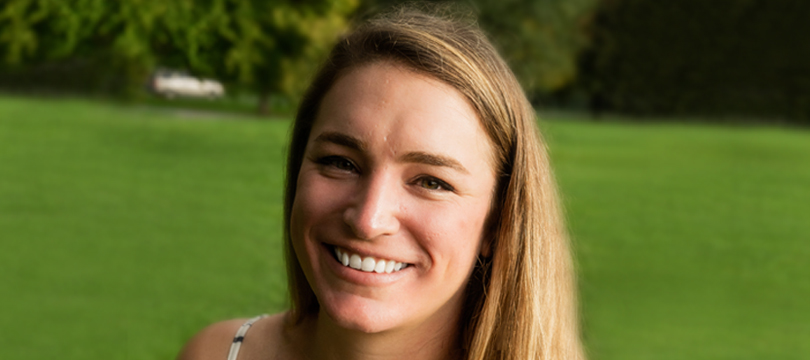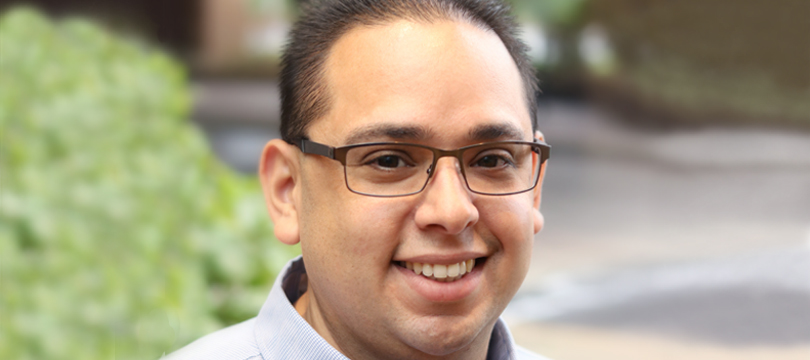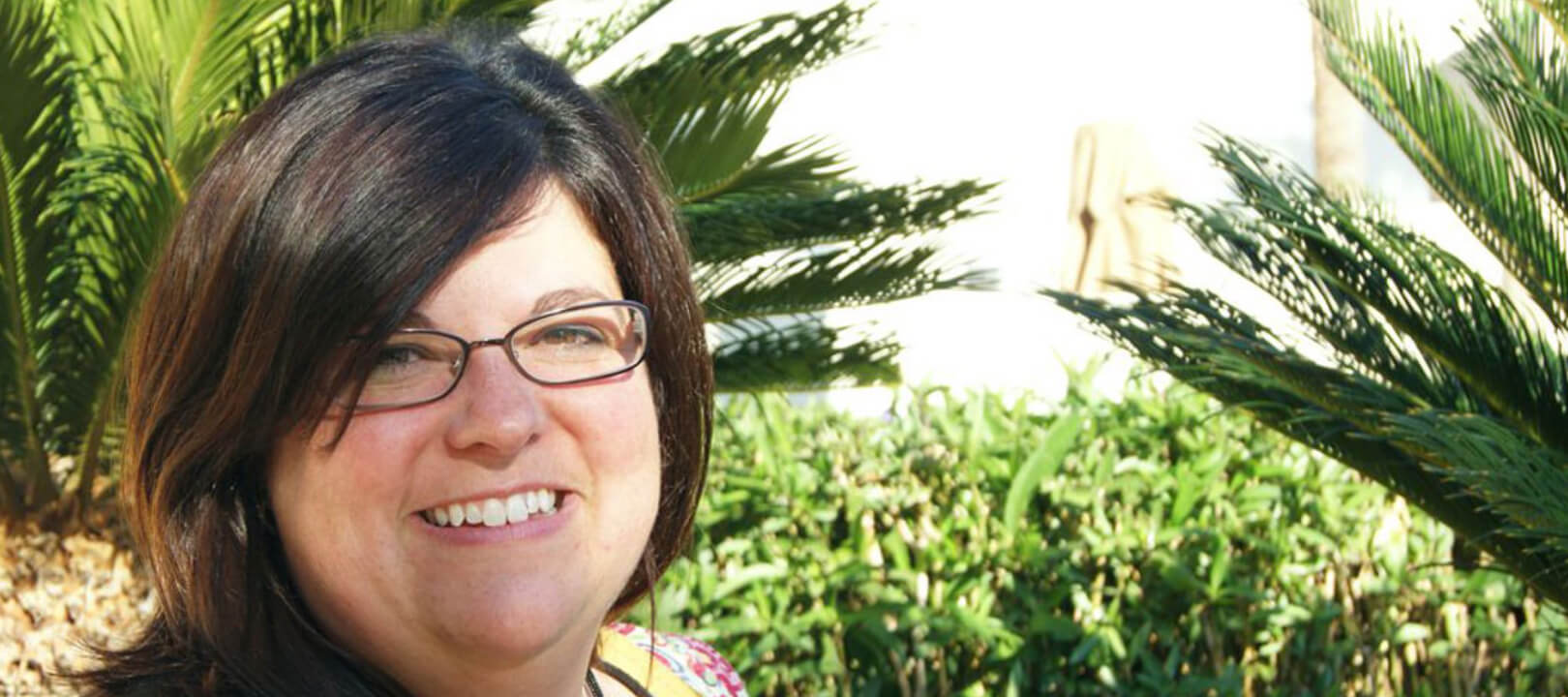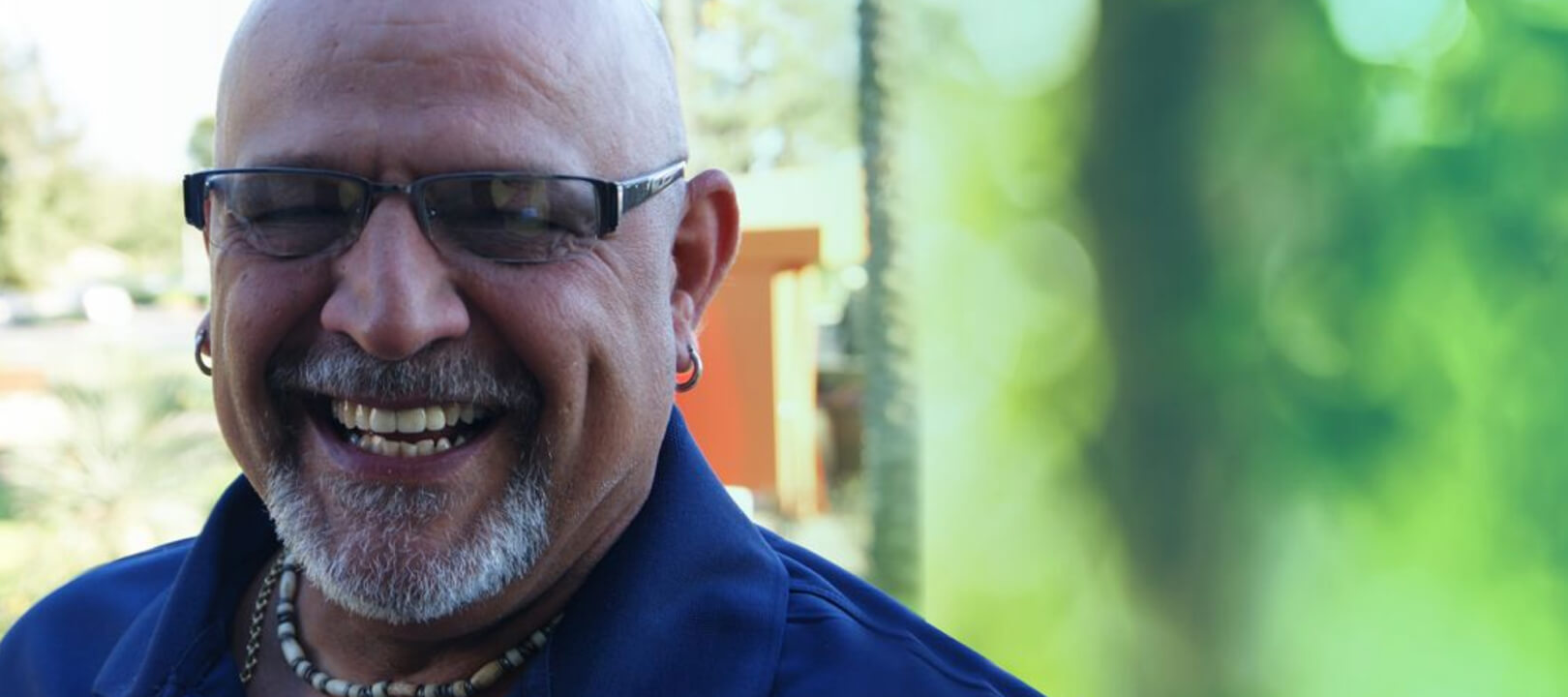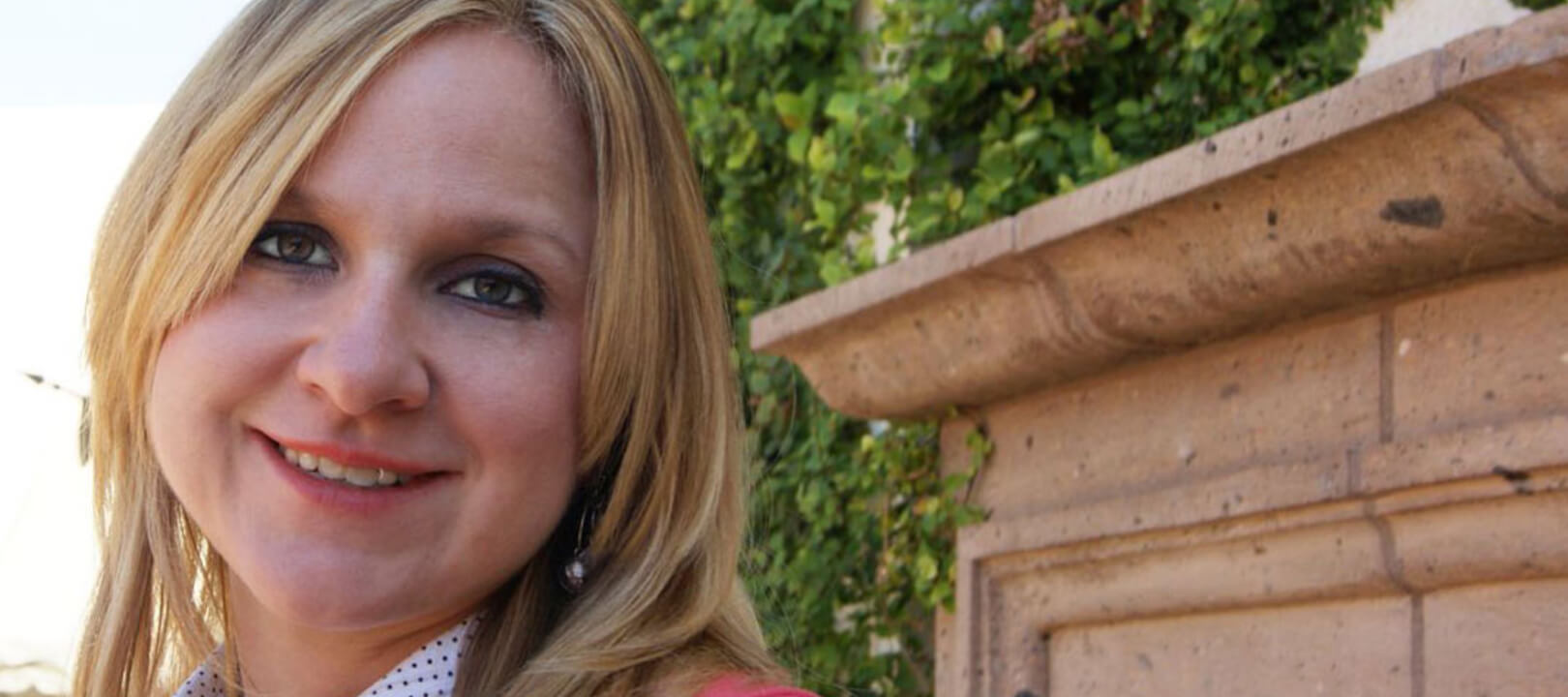Ben's story
When Ben had his wisdom teeth removed just before he turned 18 years old, the bleeding wouldn’t stop. He was preparing to join the Navy, but his mouth wasn’t healing from the oral surgery the way that it should have. He was tested for, and then diagnosed with, mild hemophilia B. The recruiter he was working with gave him the news: A diagnosis of hemophilia meant that he couldn’t serve in the Navy.
All of a sudden I have this label on my head.
The news set him back because he thought he’d had his path planned out and suddenly everything changed. A diagnosis of hemophilia coming at such a critical time in his life meant making unexpected adjustments, and Ben discovered that he wasn’t prepared. “It was an emotional time,” he says. “I was very depressed and had a lot of anxiety.”
While still in high school, Ben witnessed a shift in how he felt people treated him after his diagnosis. “All of a sudden I have this label on my head where I was the weak and fragile guy,” he recalls. At times, Ben thought that some people may have been afraid to be around him. Even today, many years later, he notices people change their demeanor toward him when he discloses his diagnosis. When he sees this, he reassures people that he’s fine and that there are treatments available that help him manage his condition, along with his care team. “And then pretty soon they realize that I’m not fragile,” he says.
As a teenager, learning to deal with hemophilia was jarring while also coping with all the typical responsibilities and uncertainties that come along with becoming an adult. He wonders now if he had been diagnosed earlier with more time to learn about hemophilia while growing up, if making the adjustment to life with chronic illness would have been easier. However, he was determined to own his hemophilia and for that reason he resolved to learn how to self-infuse.
It has not really impacted my life negatively as much as I thought it would at first. In fact, it has been more of a blessing than anything.
Years later, Ben still finds relating the events of that time in his life challenging. However, he discovered that when he made connections in the hemophilia community, it was easier to share the difficulties with those who could truly understand and offer support.
Ben’s involvement in the hemophilia community has been inspiring to him, as he became close friends with others living with hemophilia. He describes how he learns from those who live with joint disease and other complications. Their confidence in coping with the realities of hemophilia gives Ben courage to manage the emotional aspects of life after his diagnosis. “It really puts it into perspective,” he relates.
The infrequency of bleeding is a challenge of living with mild hemophilia, which Ben acknowledges sounds counterintuitive. Ben has had instances where he has experienced pain or a mild injury at work or while hiking and it’s not clear if he’s having a bleed. During those times, he must make choices about his treatment and discuss with this treatment team.
Because these instances occur only a handful of times a year, Ben may not be as practiced at infusing as someone who does it more regularly. When things arise that give Ben pause about infusing, he engages the hemophilia community for support and practical advice. Ben describes a time when he was struggling to infuse and was able to message someone in his support network who could talk to him about the process and help him through what was an anxious moment.
I’m really thankful for how much hemophilia has brought to my life.
Today, Ben reflects on his years after diagnosis and he’s come to some realizations about life with hemophilia. He now describes hemophilia as a part of himself instead of thinking of it as something that was outside of him and “bigger” than he was. “I feel like I have control of it,” Ben says. “It has not really impacted my life negatively as much as I thought it would at first. In fact, it has been more of a blessing than anything.”
Ben is ready to be a mentor in the hemophilia community. He describes the community as a place where older members are able to pass their wisdom on to him, which he then takes in and conveys to younger members. He looks forward to helping others learn how to advocate for themselves. “It sounds weird because I’m really thankful for how much hemophilia has brought to my life,” he says. “The people that I know that care about me.”
